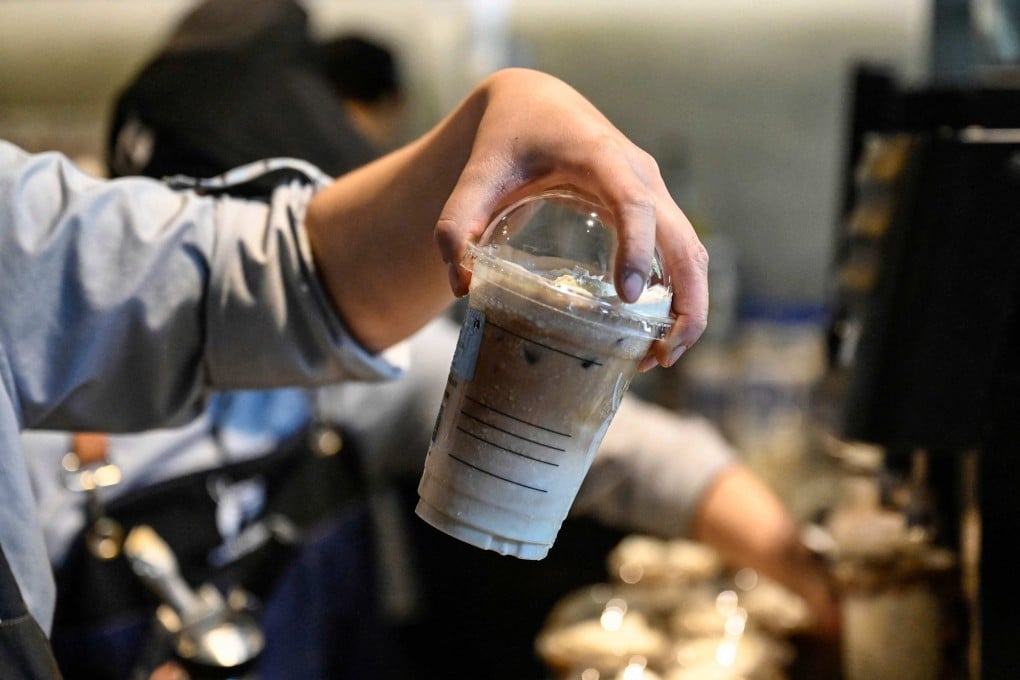Advertisement
Opinion | Kweichow Moutai’s saucy latte a good example of Chinese culture adapting to stay relevant
- Rather than just Kweichow Moutai’s latest sales gimmick, the Mao-tai-infused coffee could be the start of a cultural renewal that China badly needs
- A cultural renewal can help increase China’s appeal to both its own people and the outside world, and this must start from within
Reading Time:3 minutes
Why you can trust SCMP
13

This week, one of the most discussed topics on Chinese social media was a “sauce-flavoured latte”. It is a coffee product infused with Mao-tai, being offered by Kweichow Moutai – a well-known producer of the fiery Chinese spirit – and Luckin Coffee, a Chinese coffee brand.
Advertisement
Despite its long history and reputation as the national liquor of China, Mao-tai is losing its appeal to China’s younger population. To rejuvenate its brand, Kweichow Moutai has been looking for ways to, as Reuters put it, “pull in a new generation of users”.
From a marketing point of view, this baijiu-infused latte is a sales promotion from an ageing brand. But from a cultural point of view, given Mao-tai’s place in Chinese tradition, it could be interpreted as part of an overall effort to start a cultural renewal that China badly needs.
Just as Kweichow Moutai must have looked at its sales data and seen it needed to reinvent itself to attract new customers, China is also realising it cannot rely on its traditional culture to win over the rest of the world.
In July, a Pew Research Centre report showed most Asian-Americans viewed their ancestral homelands favourably, but just 41 per cent of Chinese-Americans held favourable views of China – well below other groups’ views of their homeland – while 35 per cent had unfavourable views. In fact, the findings show that Chinese-Americans view the US, Japan and South Korea more favourably than they do China.
Advertisement
China’s economy has been more successful than many other countries’ – this is something Chinese should be proud of. Why then do they view the place to which they trace their heritage less positively than others?

Advertisement
